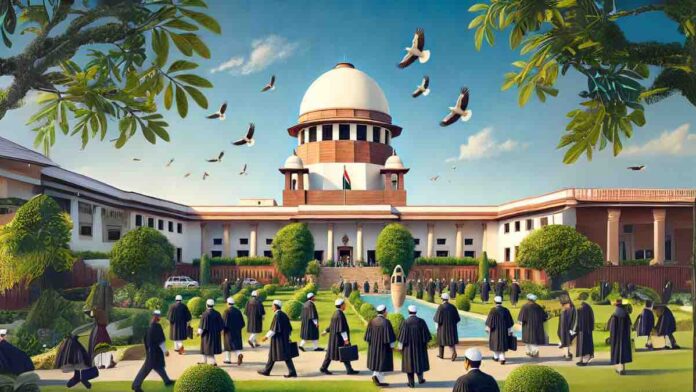In a landmark ruling, the Supreme Court of India has clarified that an offence under Section 138 of the Negotiable Instruments Act, 1881, which deals with cheque dishonor cases, can only be compounded with the explicit consent of the complainant, even if the accused is willing to settle the matter. The decision, delivered by a
To Read More Please Subscribe to VIP Membership for Unlimited Access to All the Articles, Download Available Copies of Judgments/Order, Acess to Central/State Bare Acts, Advertisement Free Content, Access to More than 4000 Legal Drafts( Readymade Editable Formats of Suits, Petitions, Writs, Legal Notices, Divorce Petitions, 138 Notices, Bail Applications etc.) in Hindi and English.




